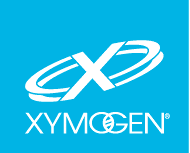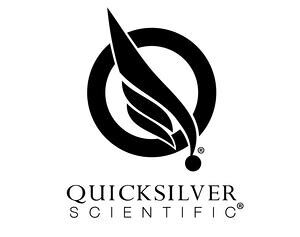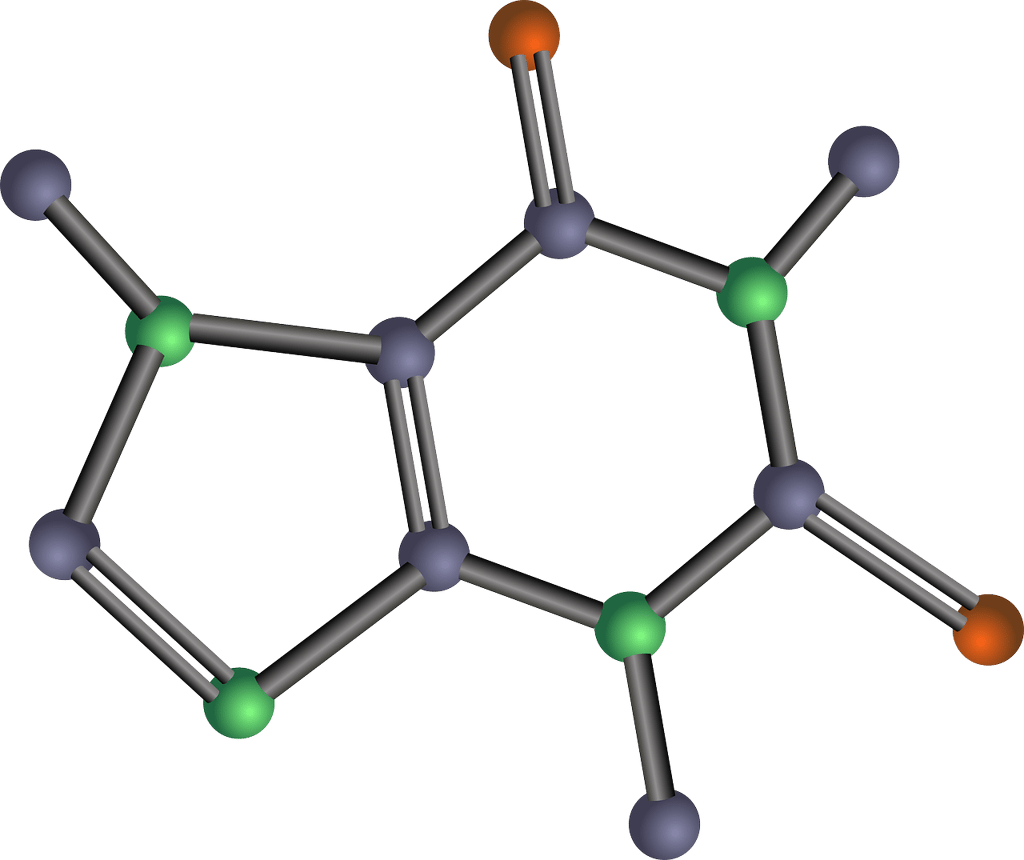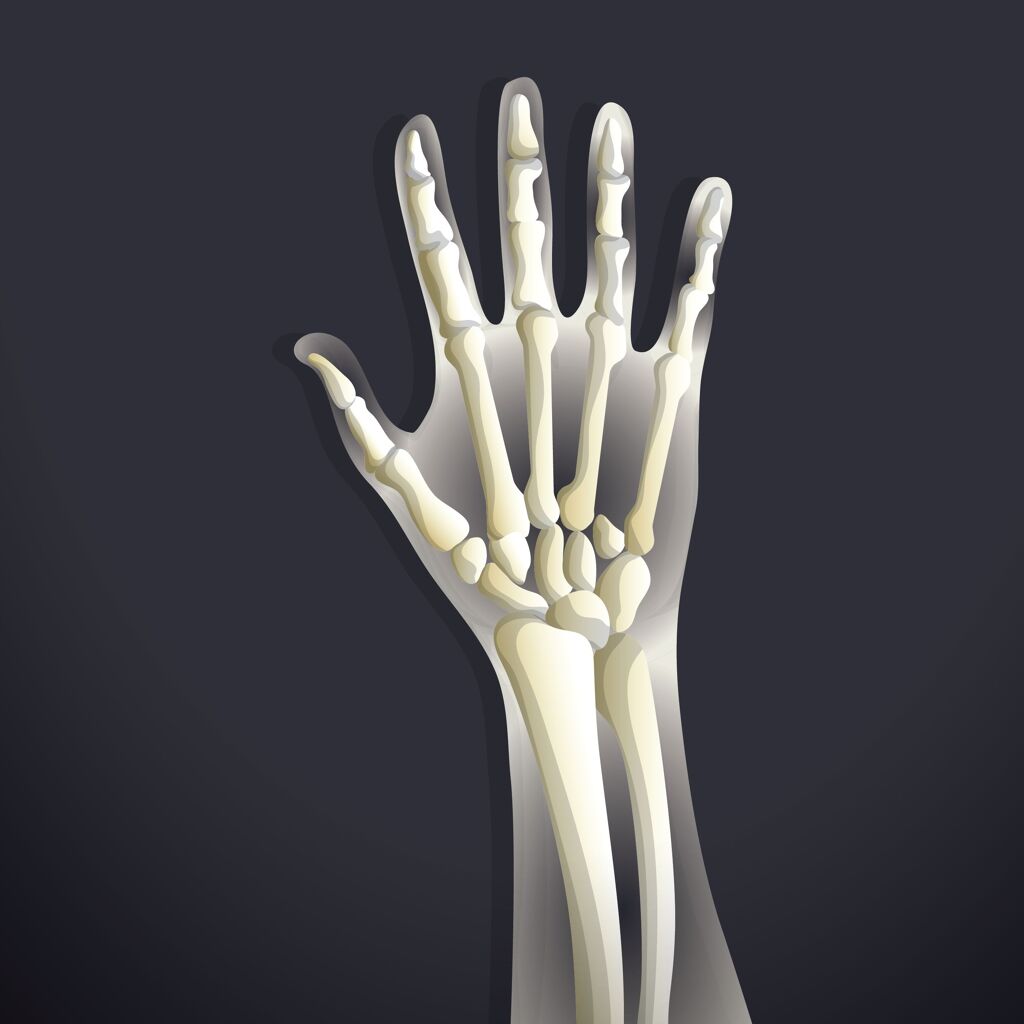Peptide Therapy: Thymosin Beta 4: The Tissue Repair & Regeneration Peptide

Next in our Peptide Series, we take a look at a new peptide: Thymosin Beta 4. Like other peptides, it can provide a novel remedy to health issues. Thymosin Beta 4 is especially good for wounds, tissue repair and regeneration. Please read on for the details!
** Please note: If you want the short summary version of this article with a video, then please click here **
A peptide is a small protein, made up of a chain of amino acids. They can be used therapeutically to help with different health conditions. We have recently written many blogs about peptides. Click on the links to see our articles on peptide therapy, HGH, CJC 1295/Ipamorelin, BPC 157, PT 141, Ta1 and VIP.
What Is Thymosin Beta 4 (TB4)?
Thymosin beta is a multifunctional tissue repair and regeneration peptide (Philp D, 2010). It has antioxidant, anti-inflammatory and antifibrotic properties (Shah R, 2018).
TB4 is involved in tissue repair and regeneration, wound healing, inflammation and fibrosis (the formation of scar tissue) (Goldstein AL K. H., 2015) and (Renga, 2018). It can be used to treat eye injuries, skin wounds, heart repair after a heart attack and heal the brain following stroke, trauma or neurological diseases (Goldstein AL, 2015).
When you hear “tissue repair and regeneration”, think of tissue all over the body. TB4 has the ability to help you repair tissue all over the body.
To Read About Blog Topic, Scroll Down
Want To Work With Our Clinic?
Do you have a chronic or mystery illness that no one has been able to help you with? Are you simply wanting to re-connect with a healthier version of yourself? It’s Time To Finally Feel Better!
What are the Benefits & Applications of Thymosin Beta 4?
Wound Healing & Fibrosis
Wound healing:
Thymosin Beta 4 improves wound healing and repair throughout the body, including the skin, brain, spinal cord and heart. It promotes systemic healing. Many of its activities directly affect the repair cascade following injury (Goldstein AL, 2015).
TB4 has multiple biological activities that contribute to its multiple wound healing properties (Philp D, 2010). It down-regulates inflammatory molecules, promotes cell migration, helps form blood vessels and is involved in cell survival and stem cell maturation (Philp D, 2010).
After injury, TB4 is released by macrophages of the immune system and other cell types to protect cells and tissues from further damage. It also helps to reduce apoptosis (programmed cell death), inflammation and microbial growth (Goldstein AL H. E., 2012). TB4 promotes cell and stem cell migration, which is needed for wound healing, tissue regeneration and immune responses (Goldstein AL H. E., 2012). Therefore, TB4 is great for wound healing, post injury, post-surgery and basically any time we want to improve our immune response.
Fibrosis:
Fibrosis is the formation of scar tissue. TB4 reduces scar tissue formation (Shah R, 2018). TB4 decreases the number of myofibroblasts in wounds, resulting in decreased fibrosis (Shah R, 2018). We do need scar tissue after a wound. But too much is not good. Fibrosis is pathological wound healing in which connective tissue replaces normal tissue that can become uncontrolled. It can lead to tissue remodeling and permanent scar tissue. For example, in fibrosis of the lungs, thick scar tissue makes it more difficult for the lungs to work properly. The patient may not be able to breath well and can become progressively more short of breath.
Sports Injury Recovery:
Given its healing properties, TB4 can be used for sports injury recovery. It can decrease injury times and help with athletic recovery by preventing delayed onset muscle soreness. It can also be used post-surgery to speed healing.
Skin & Eye:
TB4 is involved in skin, corneal and cardiac wound repair (Philp D, 2010). It promotes wound healing in skin wounds (Sosne G, 2002). It can provide a new clinical treatment for severe traumatic wound disorders in the cornea of the eye (Sosne G, 2002). TB4 promotes rapid corneal wound healing and decreases inflammatory cytokine levels (Sosne G, 2002). It plays a protective role against inflammation and fibrosis after corneal injury or heart attack (Shah R, 2018).
Heart:
Cardiovascular disease represents the major cause of morbidity worldwide, with heart attack being the most common cardiac injury (Bollini S, 2015). TB4 can be a powerful regenerative agent with angiogenic, anti-inflammatory and cardioprotective effects on the heart (Bollini S, 2015). It can also specifically act on cardiac progenitor cells (like stem cells, used to make new blood cells) (Bollini S, 2015). TB4 can activate epicardial progenitor cells for repair (Bollini S, 2015).
In the heart, it prevents the formation of scar tissue after a heart attack (Shah R, 2018). This maintains cardiac function and prevents scar formation (Shah R, 2018).
Angiogenesis
TB4 increases blood vessel growth in animals (Pipes GT, 2016). Angiogenesis is the development of new blood vessels. It is a normal and healthy body process. New blood vessels are needed for wound healing, for children to grow and for menstruating women. TB4 can enhance and increase angiogenesis, which is partially why it is so helpful in wound healing. When we create new blood vessels, we bring more oxygen to the tissues thus allowing them to heal.
However, there is a less positive side to angiogenesis. In the context of cancer, it can be dangerous. Tumors need a blood supply to grow and new blood vessels feed the tumor. Tumors can actually cause this blood supply to form by giving off chemical signals that stimulate angiogenesis.
While angiogenesis is good for healing, like many body processes including fibrosis, we don’t want it to get out of control. Like everything in the body, we want the right amount. Not too little but also not too much.
Reduces Oxidative Stress
TB4 prevents oxidative stress (caused by free radicals or ROS) by targeting the antioxidant system (Shah R, 2018). In one study, TB4 prevented an increase in ROS (Shah R, 2018). ROS are reactive oxygen species, more commonly known as free radicals. A buildup of reactive oxygen species in cells may cause damage to DNA, RNA, and proteins, and may cause cell death. We can combat the ROS which causes this damage, or oxidative stress, in the body with antioxidants. TB4 can change the expression of SOD and glutathione (Shah R, 2018). These are the two super antioxidants of the body. Increasing these helps to prevent oxidative stress (Shah R, 2018).
Inflammation
Excessive uncontrolled inflammation can lead to tissue damage and organ failure (Delgado M, 2013). Uncontrolled inflammation underlies many chronic diseases (Renga, 2018).
TB4 prevents inflammation by blocking the secretion of inflammatory cytokines and suppressing the activation of NF Kappa Beta (Shah R, 2018). These are all inflammatory molecules of the immune system. NF Kappa Beta regulates inflammatory responses in immune cells. In addition, TB4 can limit inflammation by regulating autophagy (Lv S, 2020).
Autophagy
Autophagy is the body’s way to regenerate newer, healthier cells. It is a natural process that removes unnecessary or dysfunctional components of a cell to clean out damaged cells. This allows an orderly recycling of cellular components and keeps cells healthy.
Autophagy and inflammation are closely linked. Impaired autophagy is associated with inflammation and promoting autophagy favors the resolution of inflammation (Renga, 2018). TB4 increases autophagy and reduces inflammation (Renga, 2018). Think of autophagy as our body’s ability to take out the trash and to clean up the system. We can put in so much positive nutrition and do other great lifestyle things, but if we are autophagy processes are not working, we are putting in good stuff on top of the trash. There are lots of great ways, such as fasting, to increase cellular autophagy. TB4 is one of them.
Boosts Immune System
TB4 enhances the immune system through all of the above: wound healing, reducing inflammation, promoting autophagy and decreasing oxidative stress (Shomali N, 2020). TB4 modulates (regulates) a pro-inflammatory signaling pathway (called the Toll-like receptor pathway) which regulates tissue injury (Shomali N, 2020). This pathway also regulates NF Kappa Beta expression (Shomali N, 2020). TB4 prevents inflammation by blocking the secretion of inflammatory cytokines and suppressing the activation of NFKB (Shah R, 2018). This basically means that TB4 has the ability to improve our immune system function and decrease injury healing time.
Inflammation:
TB4 is anti-inflammatory in that it can prevent proinflammatory cytokines of the immune system (Shah R, 2018). Studies demonstrate this anti-inflammatory property of TB4 and its beneficial effect in protecting against cardiac, kidney and corneal injury (Shah R, 2018).
Sepsis: TB4 can help with sepsis. Sepsis is a life-threatening condition that occurs when the body’s response to an infection damages its own tissues. Thymosin Beta 4 improves mortality in septic rats (Belsky JB, 2018). TB4 improved the 72-hour survival rate of mice in septic shock, and reduced levels of inflammatory cytokines (Jiang Y, 2017). Significant decreases in blood TB4 levels were reported in septic shock patients, suggesting that TB4 is important in the treatment of septic shock (Jiang Y, 2017).
CNS (Central Nervous System) Diseases
CNS diseases (of the Central Nervous System) include traumatic and neurological brain injuries, Alzheimers’, Parkinsons, MS, epilepsy and other conditions. TB4 regulates neurogenesis and tissue growth (Zhang GH, 2020). It can promote brain repair regeneration processes. It does this through the migration and differentiation of neural stem cells and progenitor cells in the injured area (Zhang GH, 2020). Progenitor cells change and become the different neuronal cell (nerve cell) types that populate the brain and the CNS.
More research is needed but evidence supports the role of TB4 in the protection and repair of nerve tissue in CNS diseases (Zhang GH, 2020). Combined with its potential to control brain inflammatory processes, there are many possible therapeutic applications for neurodegenerative diseases (Zhang GH, 2020).
Hair Growth & Restoration
TB4 is important in the growth and development of hair follicles. (Dai B, 2021). It increases hair growth by the activation of hair follicle stem cells (Dai B, 2021). In studies, TB4 can activate the hair follicle cycle in mice and increase the rate of hair growth in mice (Dai B, 2021). Further research is needed to determine potential applications of TB4 for hair growth and restoration.
Liver Disease
Non-Alcoholic Fatty Liver Disease (NAFLD) involves inflammation, oxidative stress, fibrosis of the liver and NFKB signaling which triggers inflammation. All of these are improved by TB4 (Jiang Y, 2017). Anything that suppresses oxidative stress and inflammation can help to prevent the development of NAFLD (Jiang Y, 2017).
Blood serum TB4 levels in patients with NAFLD are significantly lower than in healthy people without NAFLAD (Jiang Y, 2017). After treatment and subsequent improvement in liver function, the concentration of TB4 increases. TB4 blood levels can effectively be used as a biomarker of liver function (Jiang Y, 2017). Increased TB4 levels indicate improved liver function and decreased TB4 levels indicate liver damage (Jiang Y, 2017). More research is still needed to explore TB4 and the treatment of NAFLD (Jiang Y, 2017).
Alcoholic Liver Disease is caused by excessive alcohol consumption and can be improved TB4 (Shah R, 2018). It has antioxidant, anti-inflammatory, and antifibrotic potential during alcoholic liver injury (Shah R, 2018). In rats, TB4 protects against acute liver injury (Shah R, 2018).
TB4 prevented an increase in liver injury markers as well as changes in liver pathology (Shah R, 2018). It prevented an increase in oxidative stress by decreasing ROS and increasing the super antioxidants glutathione and superoxide dismutase (SOD) (Shah R, 2018). It prevented the activation of NFKB, which prevented proinflammatory cytokine production (Shah R, 2018). It also prevented and reduced fibrosis (Shah R, 2018).
Side effects
TB4 treatment has been safely used in patients and animals to treat traumatic brain injury, corneal injuries, lung inflammation and fibrosis (Jiang Y, 2017). It is thought to be safe in clinical applications (Jiang Y, 2017).
The most common side effects of Thymosin Beta 4 are reddening, pain and discomfort at the injection site. Temporary tiredness or lethargy can occur.
It should definitely not be used in people with cancer. Thymosin B4 is involved not only in normal cell migration, but also in tumor metastasis and has been linked to increased risk of metastasis (Sribenja S, 2013). It is contraindicated for anyone with cancer.
Also, potential interactions with other medications can trigger adverse reactions. It is very important to work with an experienced Functional Medicine practitioner when taking Thymosin Beta 4 or any other peptides. Our clinic has extensive experience with peptides and can help you with Thymosin Beta 4 or other peptides.
Are You Suffering From A Chronic Illness?
Does your current health situation look like this…
- Do you feel that you have tried many things and either nothing works, or the treatment does not hold?
- Have you been told that there is nothing that can be done to reverse your illness and you just need to manage symptoms?
- Does your illness impact your work, your family, your happiness and your social life?
We specialize in finding answers and solutions for complicated chronic illness when people feel like they have tried everything. If this sounds like you, book a free call with us to see if we are the right fit for your health goals.
Dr. Miles has spoken for the following organizations:

















